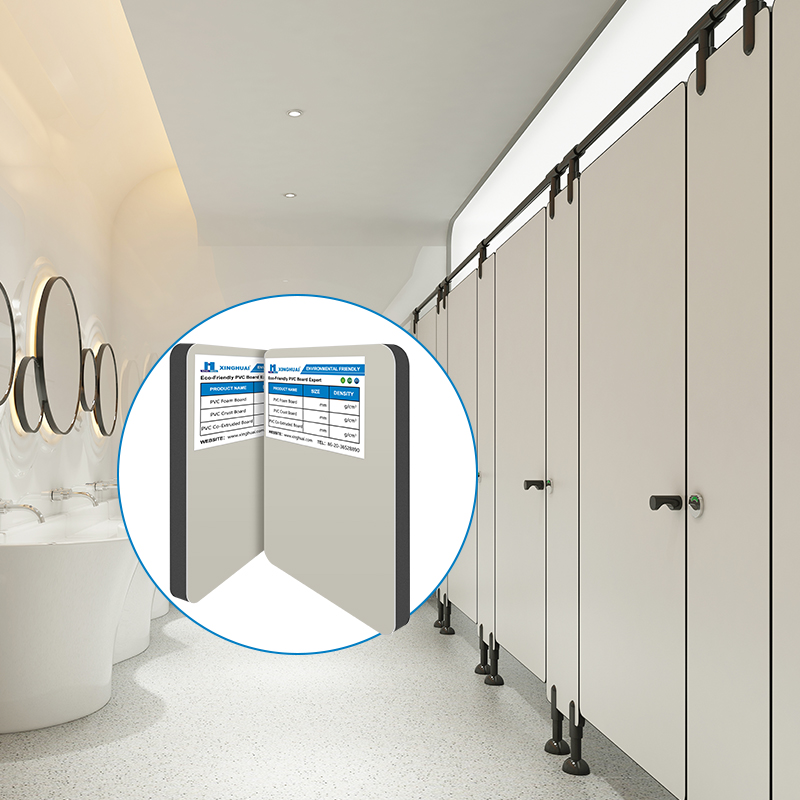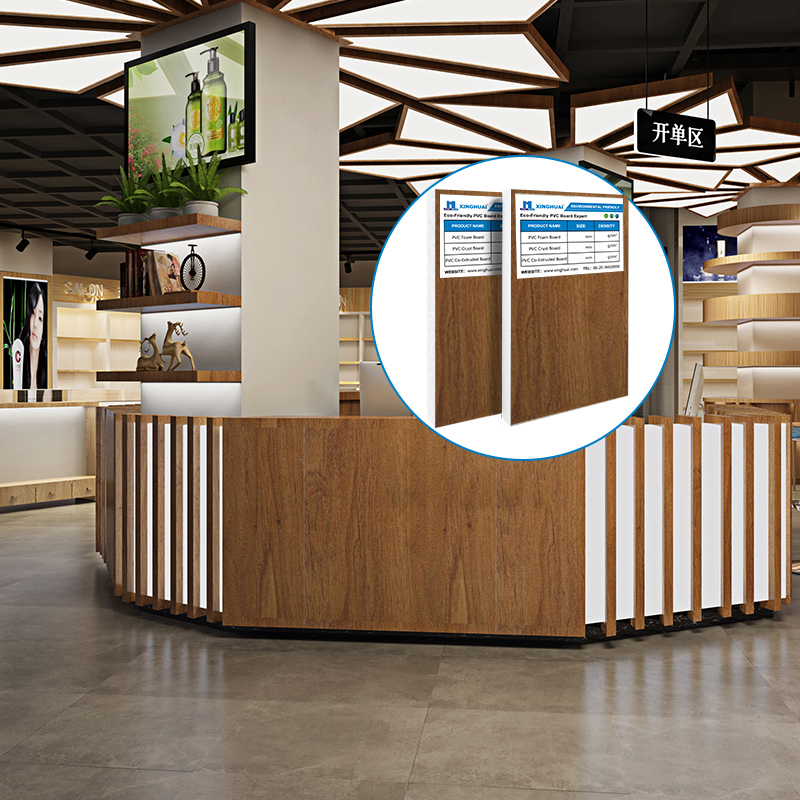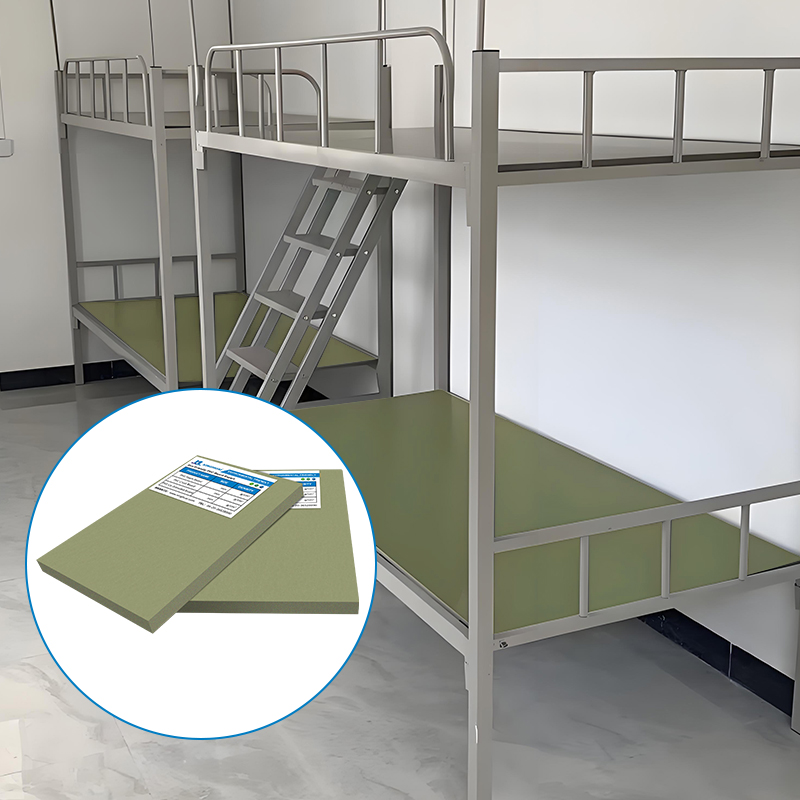How Does PVC Board React to Acids and Alkalis?
1. Resistance to Acids
Dilute Acids: PVC board sheets and PVC foam board plastic show minimal reaction to weak acids like vinegar or acid rain. Chlorine atoms in the polymer repel pvc colour sheet protonation, pvc foam board 4x8 keeping the structure intact.
Concentrated Acids: Room-temperature 浓硫酸 (H₂SO₄) or 浓硝酸 (HNO₃) have limited effect on dense PVC board sheets, but uncoated PVC foam board 4x8 may swell slightly over time. Oxidizing acids (e.g., perchloric acid) pose higher risks but require prolonged, heated contact to degrade the material.
Coated Protection: PVC coated foam board adds a barrier against acid penetration, pvc board sheets pvc foam board 4x8 making it suitable for labs or outdoor signage exposed to occasional acid splashes.
2. Behavior in Alkaline Environments
Strong Bases: PVC boards resist sodium hydroxide (NaOH) and potassium hydroxide (KOH) even at high concentrations. The lack of hydrolyzable groups (like esters) means OH⁻ ions cannot break down the polymer chain pvc colour sheet.
Heat and Concentration: While hot, concentrated alkalis (e.g., >80°C NaOH) can slowly cause dehydrochlorination, PVC foam board plastic and PVC colour sheet still outperform wood or gypsum in such conditions.
Practical Use: In wastewater plants or food factories, pvc board sheets PVC coated foam board withstands alkaline cleaning agents, while PVC foam board 4x8 is ideal for storage racks in corrosive environments.
3. Key Influencing Factors
Board Type: Dense PVC board sheets offer better resistance than lightweight foam variants. Closed-cell PVC foam board plastic limits liquid absorption, pvc board sheets pvc colour sheet while coatings on PVC coated foam board enhance protection.
Additives: Stabilizers in PVC formulations boost heat and chemical resistance, while UV coatings on PVC colour sheet prevent indirect degradation from sunlight, which could weaken acid/alkali performance over time.
4. Applications and Limits
Ideal Uses:
Outdoor Signage: PVC colour sheet and PVC coated foam board resist acid rain and pollutants.
Industrial Settings: PVC foam board 4x8 lines chemical storage areas; PVC board sheets fabricate fume ducts pvc colour sheet.
Home/Commercial: Bathroom panels (resist cleaning acids/alkalis) and agricultural greenhouses (withstand fertilizers).
Cautions: Avoid prolonged exposure to hot, concentrated acids/alkalis (e.g., industrial pickling tanks) or solvent-acid mixes, which may swell the material.




